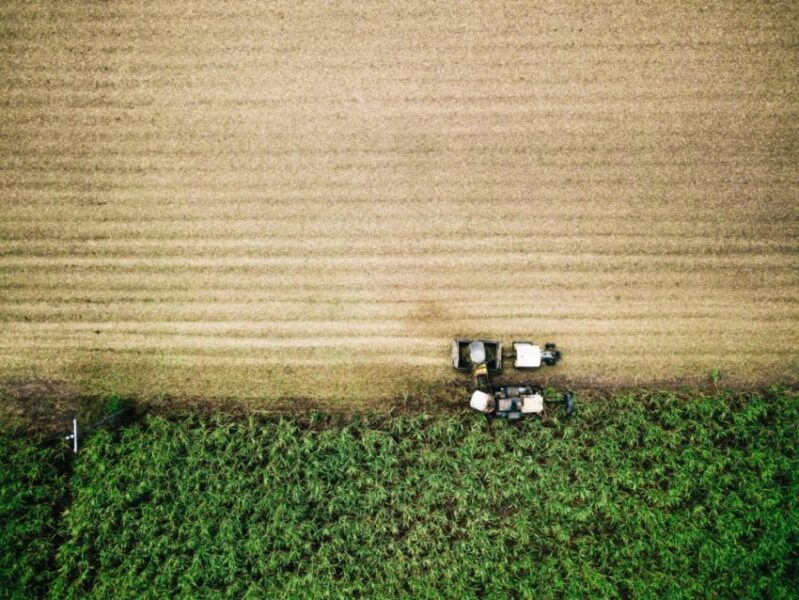The UK could be taking a £16bn a year hit to its economy by 2050 unless urgent action is taken to protect nature, a report has warned.
The findings are part of a global study from the World Wide Fund for Nature (WWF) environmental charity, which warns that the worldwide impact of declining natural assets from forests to fisheries could cost £368bn a year – totalling almost £8tn by 2050.
The Global Futures report looks at the services nature provides such as pollinating crops, protecting coasts from flooding, water supplies, timber production and fisheries.
It examines how the natural habitats and wildlife that provide these services, including forests, wetlands, coral reefs and fish stocks, will be affected by future development.
If the world carries on without changing to a more sustainable path and tackling the declines in wildlife and habitats that humans are already causing, it could wipe billions of pounds a year off countries’ economies, the report found.
Continuing to increase fossil fuel use and expand agriculture and urban development into landscapes will see huge financial costs linked to losses in pollination, coastal protection, water supplies, timber and fish production and storing carbon.
Global commodity prices are also likely to increase as the agriculture sector is hit by the loss of nature, with prices rising by an estimated 8% for timber, 6% for cotton, 4% for oil seeds and 3% for fruit and vegetables by 2050.
The study covering 140 countries and key sectors has been produced in partnership with the Global Trade Analysis Project at Purdue University and the Natural Capital Project at the University of Minnesota in the US.
The UK could be one of the worst hit countries, behind only the US and Japan, with annual costs from lost natural services that would equal the current combined yearly funding for the police, fire services, prisons and law courts.
The main economic costs for Britain would be through the loss of habitats that form natural coastal protection systems, and homes for marine life, such as seagrass beds, reefs and saltmarsh.
That will lead to flooding and erosion as well as declining fish stocks harming the fishing industry, WWF said.
The cost from loss of coastal protection could total £15bn a year by 2050 in the UK, while damage to fisheries could cost £1bn.
Harm to water supplies, forestry production and pollination could total a further £124m.
Katie White, executive director of advocacy and campaigns at WWF, said: “We are destroying our planet and our economic future.
“We need urgent, global leadership and immediate action to change the way we use land, to invest in the restoration of nature, to cut emissions and critically to stop destroying forests for food production.
“This needs to be backed in the UK with bold policies to cut our global footprint and future trade deals that clearly reject deforestation and other poor agricultural practices.”
Professor Thomas Hertel, founder of Global Trade Analysis Project (GTAP) and project team member, Purdue University, said the science and economics were clear.
He said: “We can no longer ignore the strong economic case for restoring nature. Inaction will result in slower economic growth, disruption of coastal communities and higher food prices.
“To ensure positive global futures, we need to achieve more sustainable patterns of production and land use, and reform economic and financial systems to incentivise nature-based decision making.”


